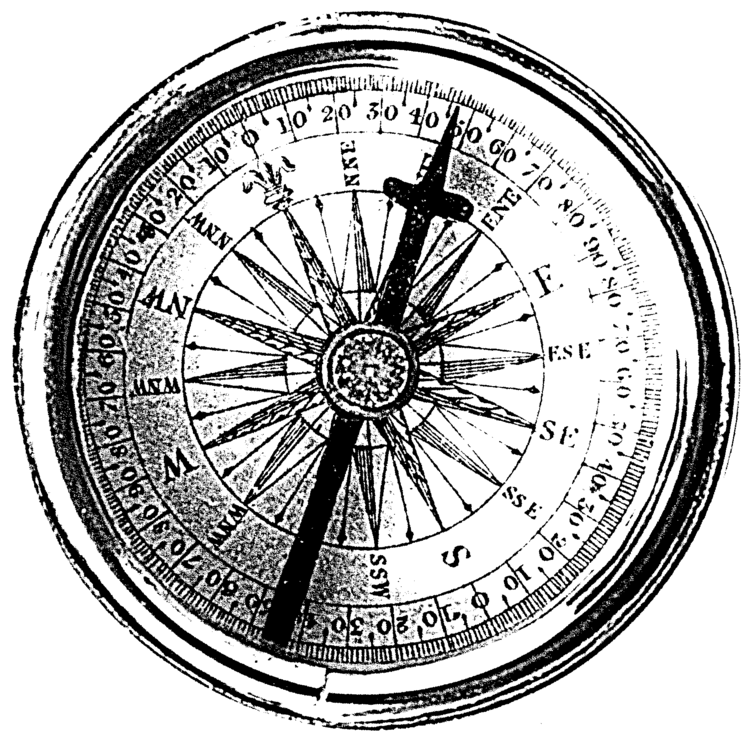As Melbourne emerges from eight months of restrictions and starts to put her party clothes back on, I received an email from a friend of mine in Nairobi. Sammy was born in Kibera, the biggest slum in Africa, but he has done well for himself and now lives with his wife and 2 year old son in a small flat just outside its boundary.
“About a month ago ... we witnessed a huge demolition in Kibra. The exercise took about a week and affected over 400 families.
Reason for this demolition being to pave way for the construction of a link road passing through Kibra and railway reserve areas within the slum. When complete, the ksh2 billion 600-meter long by 60-metre wide Ngong-Langata link is expected to open up the area and ease traffic to the city centre. In short, there will be a probably tarmacked highway road passing somewhere through Kibra.
Some resource centres, five schools and two hospitals (local clinic) were among the structures flattened, affecting more than 1000 households in the informal settlement. The fate of hundreds of school going children in Kibra is unknown after at least five informal schools were brought down in the demolitions. Some almost seven churches built in the informal settlement's constituency have also been affected by the current demolition exercise which is allegedly built along the railway line.
The 2nd wave of Covid-19 has seen for the last one month plus cases increasing with over 500 daily positive cases confirmed by the Ministry of Health and the number of fatalities also increasing. Schools also reopened early October for only grade 4 & 8 and form four (I think year 12 students in Australia) amidst the pandemic surge which has seen some school staff, teachers and even students testing positive for the virus.
The impact of this pandemic still remains largely felt with future uncertainties to many families. (especially slum residents)... Food insecurity, gender-based violence and teenage pregnancies have and/or continue to increase and still pose a major challenge to most families. A lot of small businesses continue to struggle too.”
He attached these three pictures.
This time last year, I had just got back to Melbourne after spending a month East Africa. I had walked through the narrow, muddy lanes of Kibera with Sammy as my minder, visiting and photographing the women and families that struggle daily to survive with a modicum of dignity.
A year on, and I’m no longer allowed to travel to record the stories of these people. (Australia is one of the only democracies in the world that has banned its citizens from leaving the country) The bulldozing of a few houses and schools doesn’t rate highly as a problem in a continent where Yemen is in "imminent danger of the worst famine the world has seen for decades" according to the UN Secretary-General Guterres. Or where Nigeria is witnessing the worst street violence in two decades, stemming from protests against police brutality. Or in Uganda where around 40 people have been killed in the last week by police and soldiers using live bullets to disperse protests over the arrest of a pop star turned presidential candidate.
So as we begin to enjoy our well-deserved freedoms here in Melbourne, it is important to remember that our isolation from the rest of the world doesn’t mean that other countries problems have gone away. It seems instead, they have got worse.










